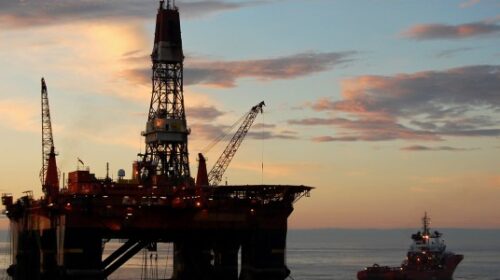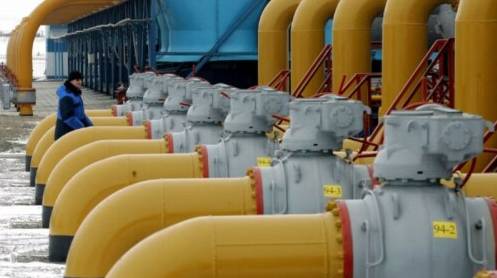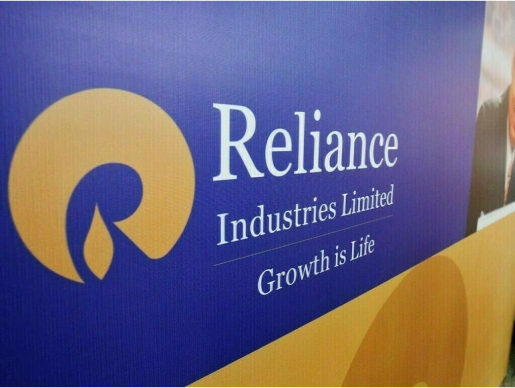Federal Resources Minister Madeleine King yesterday handed Australia’s fossil fuel industry two significant wins.
The minister announced oil and gas exploration will be allowed at ten new Australian ocean sites – comprising almost 47,000 square kilometres. And she approved two new offshore greenhouse gas storage areas off Western Australia and the Northern Territory, to explore the potential of “carbon capture and storage” (CCS) technology.
The minister said the new oil and gas permits will bolster energy security in Australia and beyond, and ultimately aid the transition to renewables. King also said controversial carbon-capture and storage was necessary to meet Australia’s net-zero emissions targets.
The world’s energy market is going through a period of disruption, largely due to Russian sanctions and the Ukrainian war. But expanding carbon-intensive fossil fuel projects is flawed reasoning that will lead to greater global insecurity.
Research shows 90% of coal and 60% of oil and gas reserves must stay in the ground if we’re to have half a chance of limiting global warming to 1.5℃ this century.
The new sites for offshore gas and oil exploration comprise ten areas off the coasts of the NT, WA, Victoria, and the Ashmore and Cartier Islands. King’s announcement came at a resources conference in Darwin, where she said:
Gas enables greater use of renewables domestically by providing energy security. Australian [liquefied natural gas] is also a force for regional energy security and helps our trading partners meet their own decarbonisation goals.
First, Australia exports nearly 90% of domestically produced gas and lacks robust export controls to moderate this. Without these controls, increasing domestic production will not improve Australia’s energy security.
Second, gas can only enable greater use of renewables domestically and provide energy security where it is “decarbonised” through the use of carbon-capture and storage. If it isn’t decarbonised, using gas undermines energy security by risking further global warming.
However the deployment of CCS technology is complex, expensive and faces many barriers. To date it has a history of over-promising and under-delivering.





